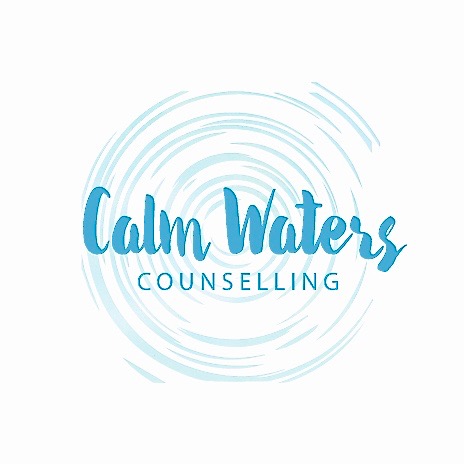FAQ
How much does a session cost?
A session is charged at £55 per hour for individuals and £60 per hour for Couples, £40 for Counselling Students.
Supervision is charged at £55 per hour, £75 for 1.5 hours.
How do you pay?
You can pay by BACS or paypal on the day of our session, or bring cash along to your session.
Is there a cancellation notice?
I request at least 24 hours notice for cancellation, otherwise there will still be a full charge for the session. This doesn’t include emergency cancellations for examples sickness, child unwell.
What is Counselling and Psychotherapy?
Counsellors and psychotherapists play a crucial role in improving the health and wellbeing of our society. They help people to talk about their feelings, think about their choices or their behaviour, and make positive changes in their lives.
Why do people have therapy?
People seek counselling to help them resolve emotional, psychological and relationship issues. They may be experiencing difficult and distressing events in their lives, such as bereavement, divorce, health issues or job concerns. Or they may have more general underlying feelings of anxiety or dissatisfaction with life.
Some clients feel isolated and have no one else to talk to, but even people with supportive family and friends can find it difficult to talk to them about feeling anxious or depressed. Or they may just find it easier to talk about personal, family or relationship issues with an independent and professional therapist.
What happens in therapy?
Counselling involves a series of formal sessions where the therapist and the client talk about the client’s issues and feelings. The sessions take place at a regular, agreed time and in a ‘safe’ private place where the client and therapist will not be overheard or interrupted.
Therapy may involve talking about life events, feelings, emotions, relationships, ways of thinking and patterns of behaviour. The therapist will listen, encourage and empathise, but will also challenge to help the client to see their issues more clearly or in a different way.
Counselling is not about giving advice or opinions, nor is it a friendly chat with a friend. The therapist helps the client to understand themselves better and find their own solutions to resolve or cope with their situation.
Is counselling right for me?
Our first session is an opportunity to explore this. We will discuss how we will work together for example the number of sessions, confidentiality, fees and boundaries. You will also have the chance to talk about the circumstances that bring you to counselling and your expectations.
There is no commitment at this stage and you will then have time to decide whether counselling feels right for you and if you would like to continue.
How do I know you are properly qualified?
I’m an Accredited Registered Member of the British Association for Counselling & Psychotherapy (BACP) which is the largest professional body representing counselling and psychotherapy in the UK. You can view my Registered status on the BACP Register website. Being a Registered Member of BACP demonstrates that my credentials and fitness to practise have been checked and approved by an independent professional body.
Will my sessions be confidential?
Counselling sessions are confidential unless you pose a danger to yourself or others. We’ll talk about confidentiality in more detail during our first session. Living in the small part of the world, we may know the same people. Therefore its important you feel reassured that your sessions will be completely confidential.
How many sessions will I need?
How long the process takes varies from one individual to another. You decide and are in control of the number and frequency of sessions and when you want to stop.
It’s up to you how far you want to go on the journey of self-discovery and what you want to get out of it. My role is to help you to understand and get what you need from the process in order to move on with your life as quickly as possible.
